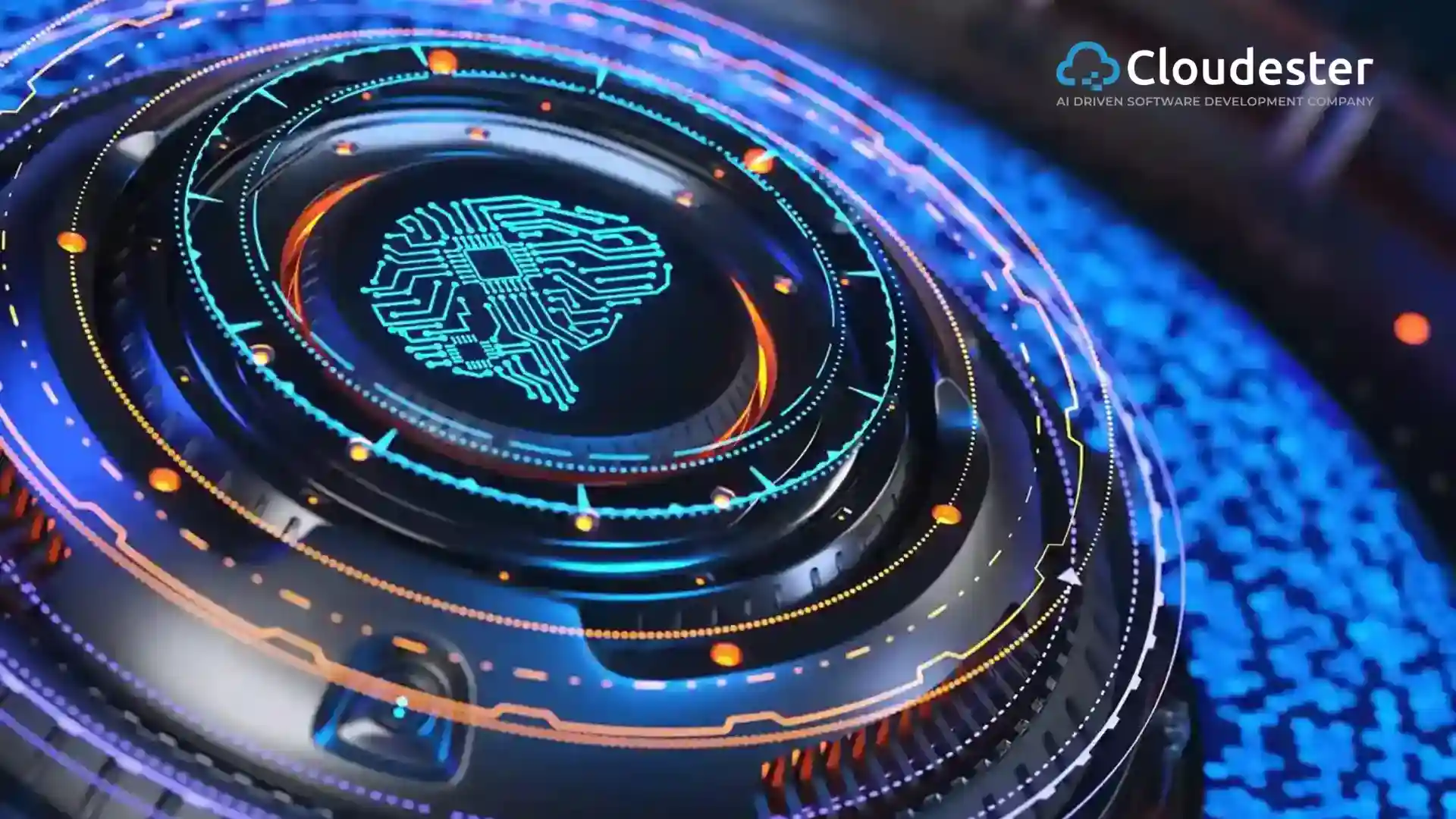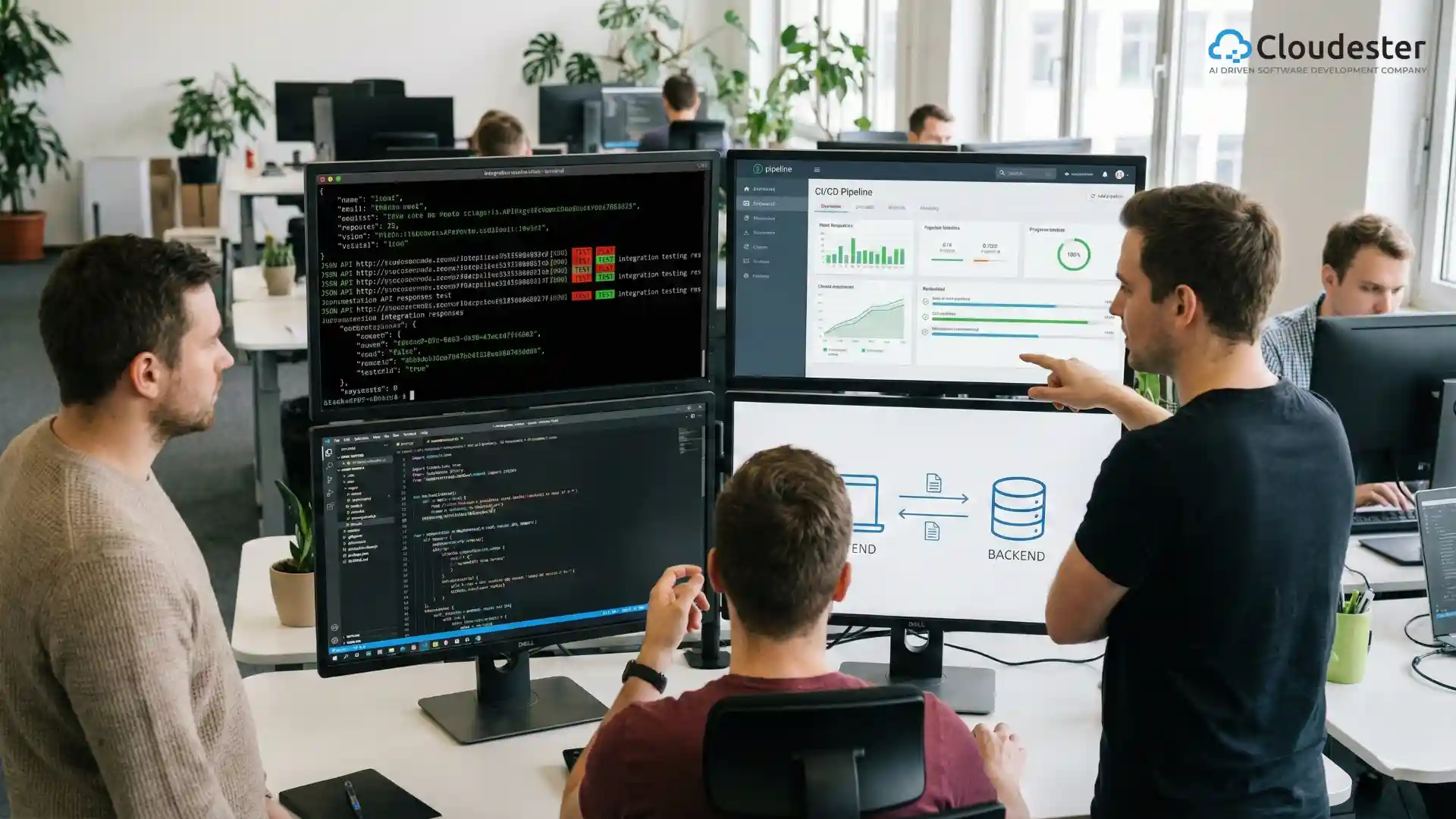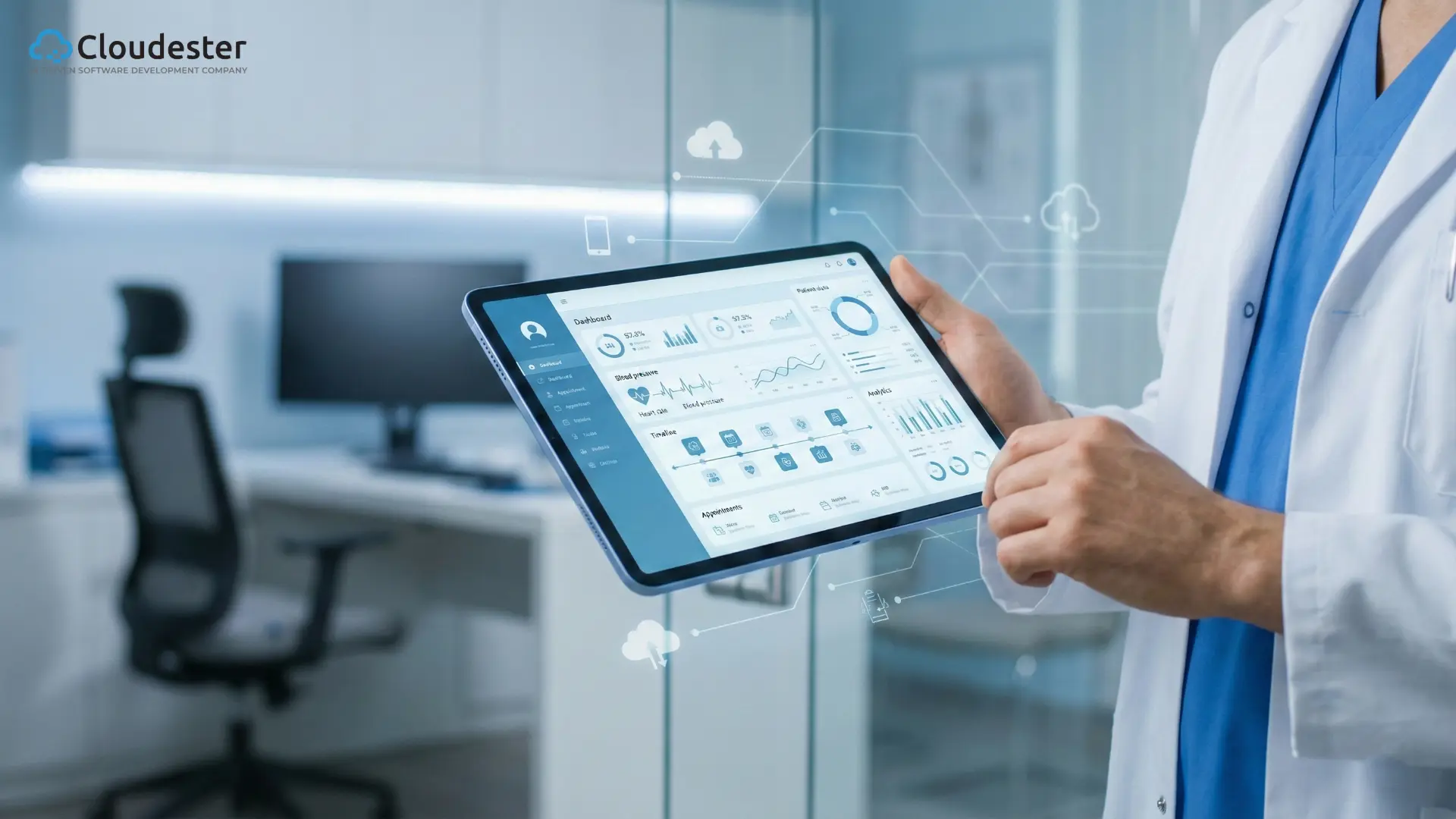AI-Powered Automation: Transforming Business Operations in 2025

By 2025, AI-powered automation is set to revolutionize how businesses operate, and don’t just go by our words. Renowned reports state the same!
According to a McKinsey report, up to 70% of businesses will embrace automation, with AI playing a critical role in driving efficiency, cutting costs, and improving decision-making.
AI-powered automation isn’t just a trend—it’s transforming every aspect of business operations, from customer service to supply chains and HR management.
Let’s explore how AI-powered automation is reshaping business operations in 2025.
What Is AI-Powered Automation?
AI-powered automation combines artificial intelligence (AI) with automation technology to optimize business processes. Unlike traditional automation, which follows fixed rules, Artificial intelligence solutions use machine learning and advanced algorithms to make decisions, predict trends, and improve over time.
Artificial intelligence platforms enable businesses to automate complex tasks, reducing human intervention and enhancing overall efficiency.
Key Benefits of AI-Powered Automation for Business Operations
Enhanced Operational Efficiency
AI-driven automation powers operational efficiency by eradicating most mundane tasks that are done manually.
According to Accenture, AI increases labor productivity by up to 40%. It smooths out workflows, reduces mistakes, and speeds up decision-making on various automation platforms. For example, AI-driven inventory management software, can track the stock automatically, reorder products, and forecast future demand, thereby reducing the risk of errors and inefficiency.
Custom AI Software Development Solution For Enterprises
Cost Reduction
AI automation reduces labor costs and improves operational efficiency, leading to significant cost savings. PwC estimates that AI could add up to $15.7 trillion to the global economy by 2030, mainly through productivity gains and cost reductions.
By automating tasks like data entry or customer queries, businesses save on manpower and reduce operational overheads.
Improved Decision-Making
AI improves decision-making by analyzing large datasets and providing actionable insights. Artificial intelligence solutions can identify patterns, predict future trends, and help businesses make data-driven decisions. For example, AI business intelligence tools can aggregate data from different systems, providing executives with a comprehensive view of key performance metrics to guide their strategies.
Also Read – Budget Planning for AI and Blockchain Development Services in 2025: GoodFirms Research
Applications of AI-Powered Automation in Business Operations
Customer Service Automation
AI-powered chatbots and virtual assistants are transforming customer service by handling inquiries, troubleshooting issues, and processing transactions around the clock. These systems provide instant support, improving customer satisfaction while reducing the workload on human agents. In retail, for example, AI chatbots respond to customer queries and provide personalized recommendations, enhancing the shopping experience.
Supply Chain Optimization
Artificial intelligence solutions improve the supply chain management process by predicting demand, optimizing inventory, and logistically perfecting the systems. It enables firms to track real-time data about their business through AI-powered platforms, detect inefficiencies, and iron out processes.
For example, AI-driven inventory management software automatically readjusts stock by taking input from demand forecasts to prevent chances of understocking or overstocking.
Human Resources (HR) Automation
AI is revolutionizing human resources by automating tasks related to recruitment, monitoring employee performance, and many more in HR. With AI-powered platforms that sift through resumes, evaluate candidates and schedule interviews, the HR department will be saving much in terms of both time and effort.
AI-powered solutions run real-time monitoring of employee performance, enabling management to increase productivity and reduce employee turnover.
AI-Powered Automation in Industry-Specific Applications
Manufacturing
AI increases manufacturing efficiency and reduces costs. Intelligent automation systems employing AI track production lines, predict equipment failures and work out the most productive machine performance.
Predictive maintenance tools, for example, prevent downtime and ensure that production is smooth. AI-driven quality control systems detect defects during the production process, hence increasing product quality.
Retail
AI is being utilized in the retail industry to manage operational efficiency while creating customer experiences. Some of the roles taken over by AI include inventory management, personalized marketing, fraud detection, and demand forecasting.
AI-powered recommendation engines analyze customer behavior to recommend relevant products, which can fuel sales and improve customer satisfaction. AI also enhances inventory management through the prediction of trends and optimizing levels of stock.
Challenges of Implementing AI-Powered Automation
While AI offers significant benefits, its implementation comes with challenges. One major hurdle is the upfront cost of AI solutions. Businesses must invest in AI platforms, which can be expensive, particularly for small to medium-sized enterprises. Furthermore, integrating AI into existing workflows can be complex, especially for companies using legacy systems.
Another challenge is the lack of skilled professionals. AI platforms require expertise in machine learning, data science, and software development, creating a talent gap that many businesses struggle to fill.
Future Trends in AI-Powered Automation for Business Operations
The future of AI-powered automation looks promising, with several trends shaping its evolution. One key trend is the rise of AI as a service (AIaaS), where businesses can access AI capabilities through the cloud, without requiring in-house expertise. AIaaS is making AI more accessible and scalable, enabling even small businesses to leverage advanced AI solutions.
Another trend is AI’s growing role in fraud detection. AI-powered fraud detection systems can analyze transaction data in real time to identify suspicious activity. Machine learning algorithms can spot anomalies, helping businesses prevent financial fraud and reduce security risks.
Conclusion
AI-driven automation is no longer a fanciful dream but an intrinsic tool that enables businesses to compete not just in 2025 but beyond. From operational efficiency and cost savings down the line to changing customer service and supply chains, AI will continue to reshape operations across industries in ways unimaginable.
While implementing an AI solution does involve some challenges, at least the associated benefits are usually long-term and outweigh any obstacles. As AI continues to evolve, businesses that embrace automation start positioning themselves for further success in a digital world.
AI is more than an investment in technology; it’s an investment in how businesses will do things in the future. Whoever acts now will become the leader of tomorrow, driving growth and innovation during the age of AI.









